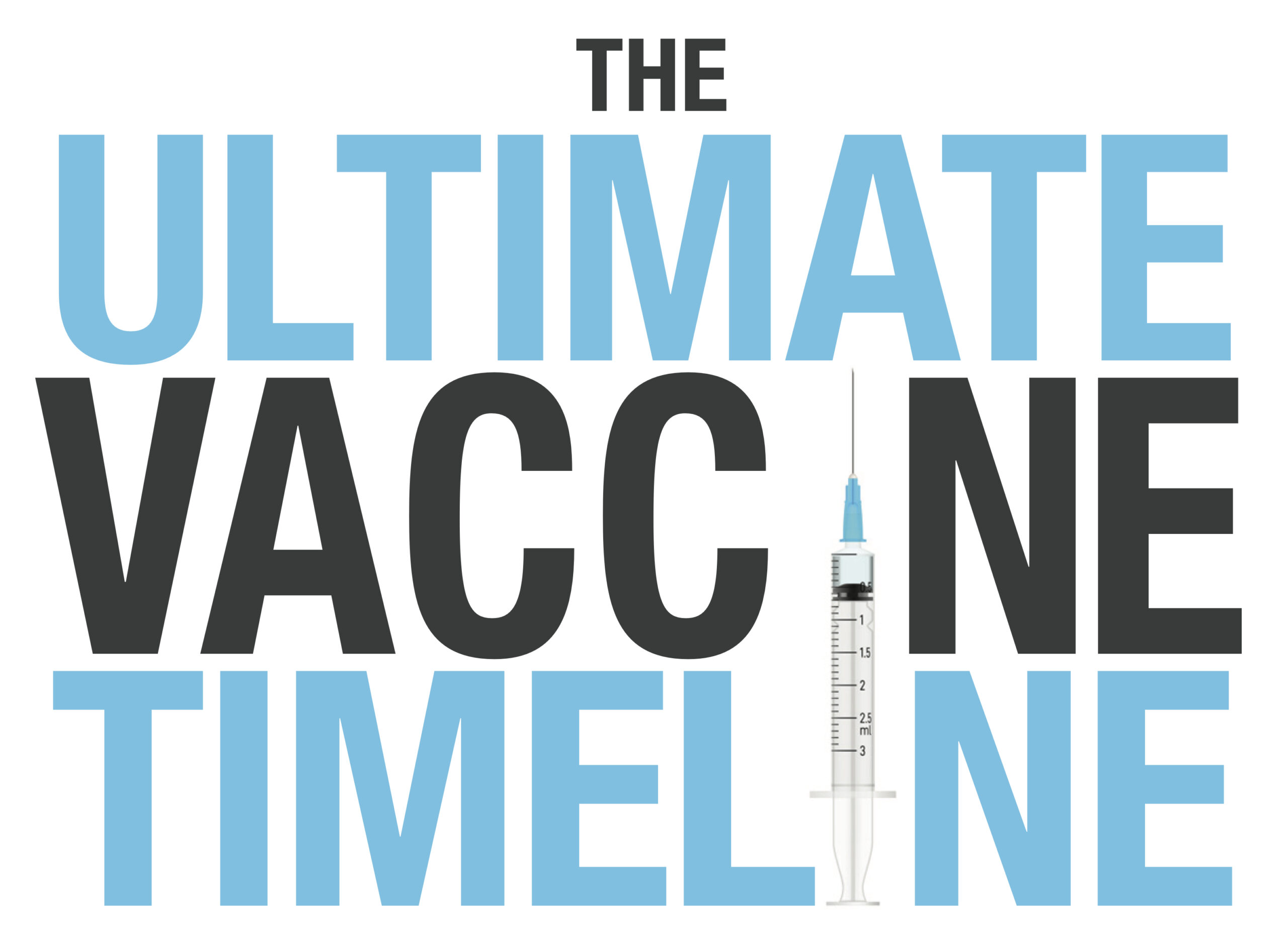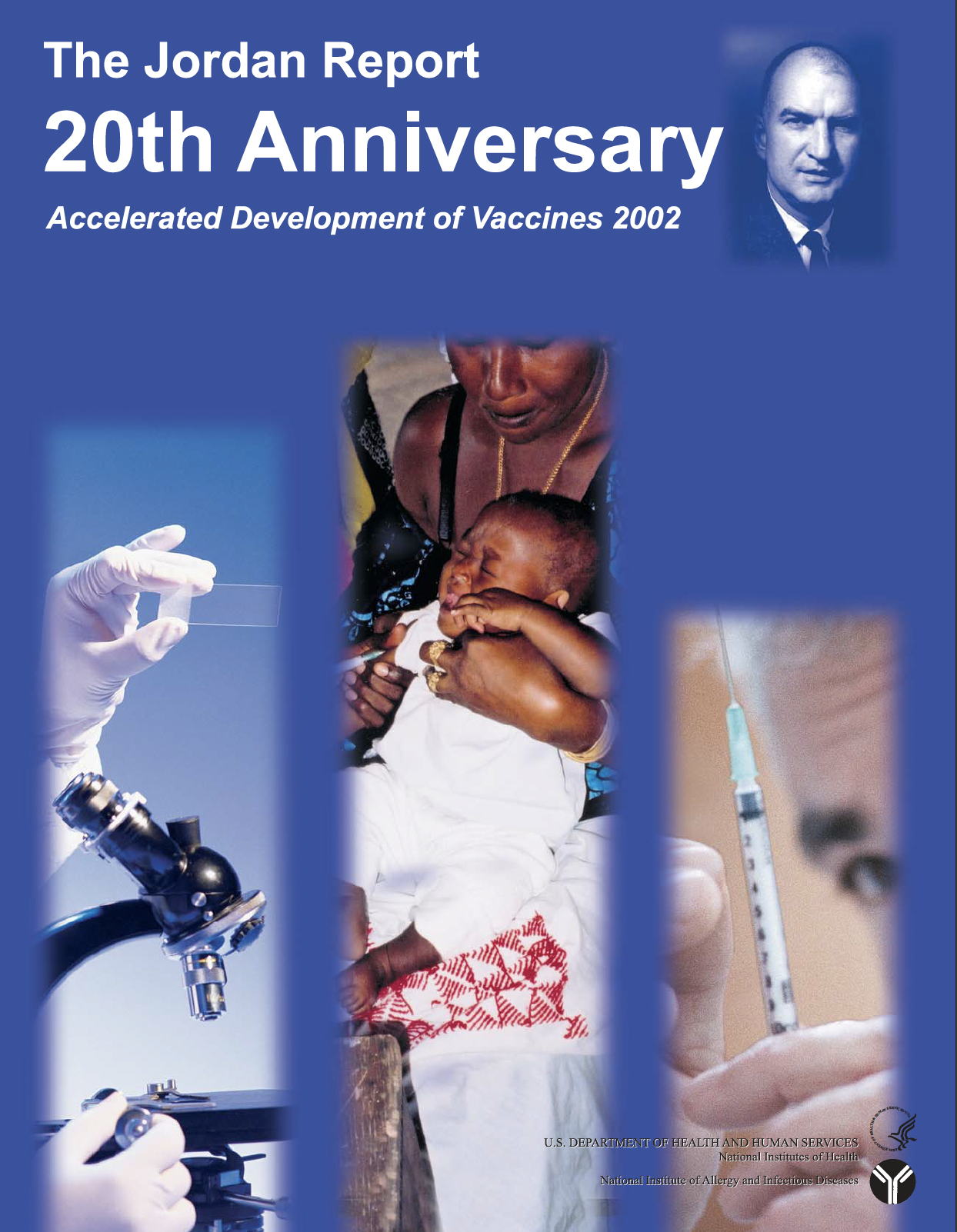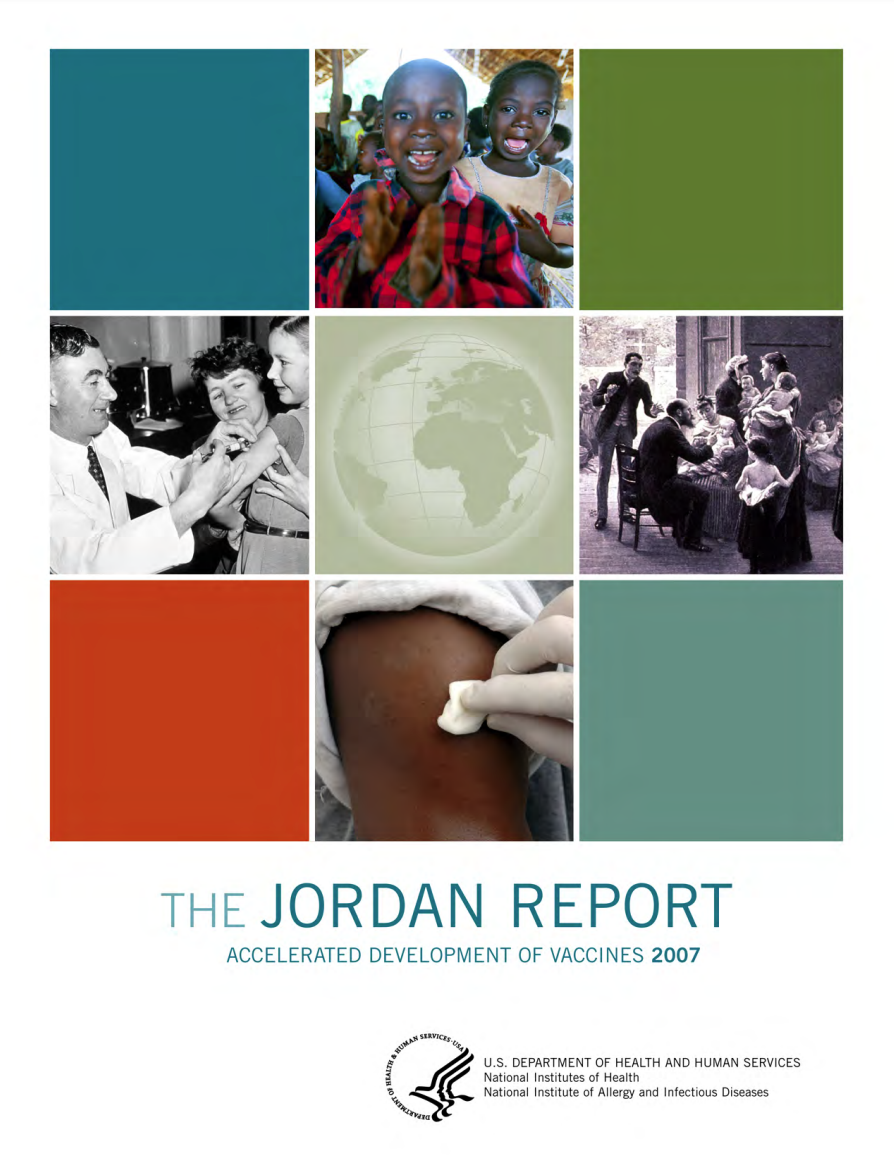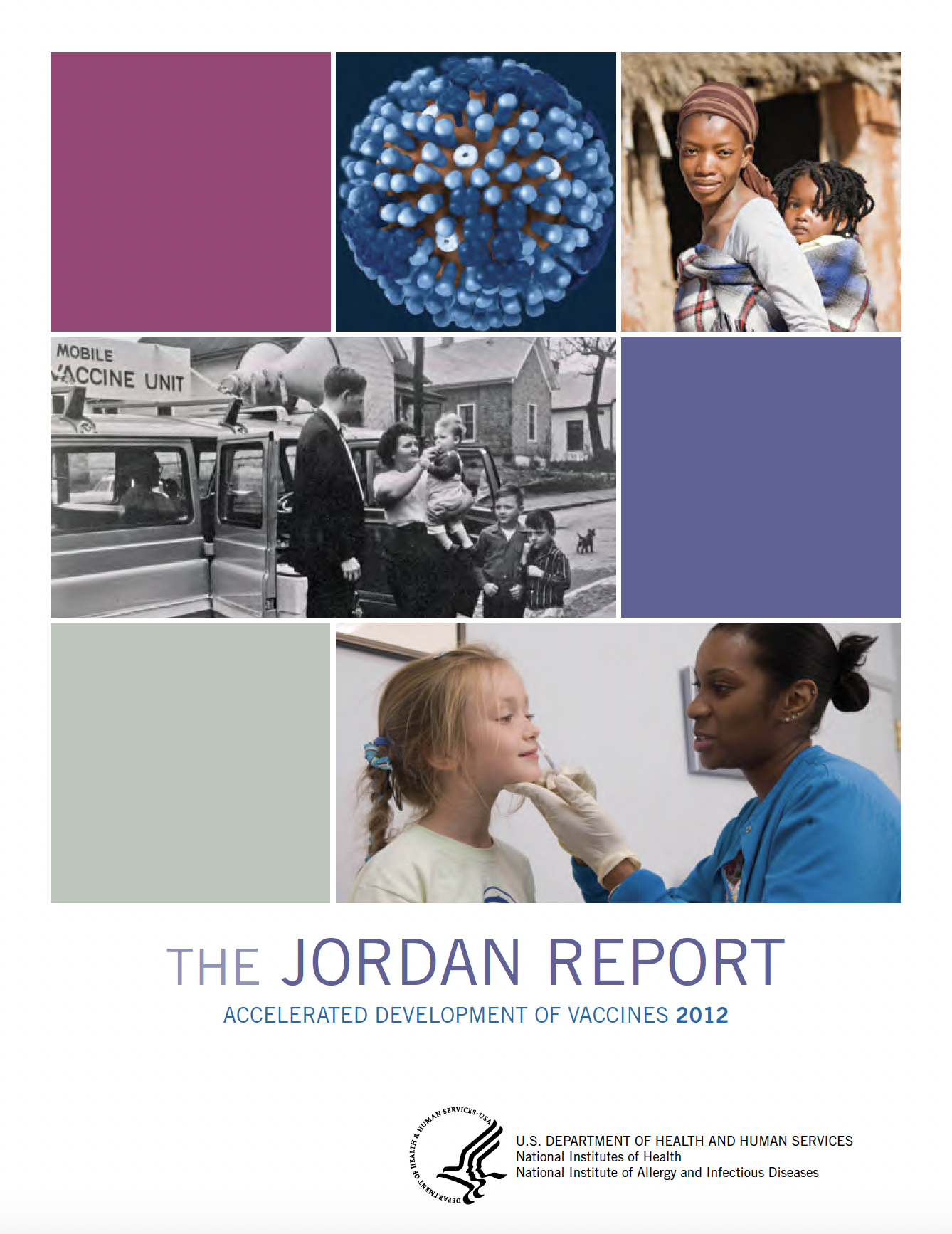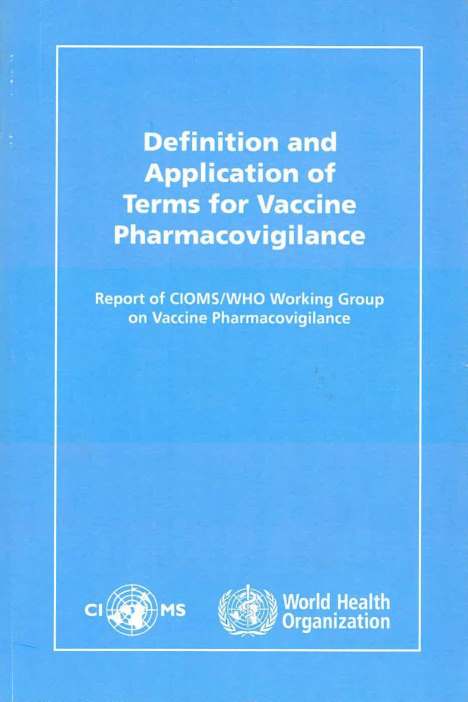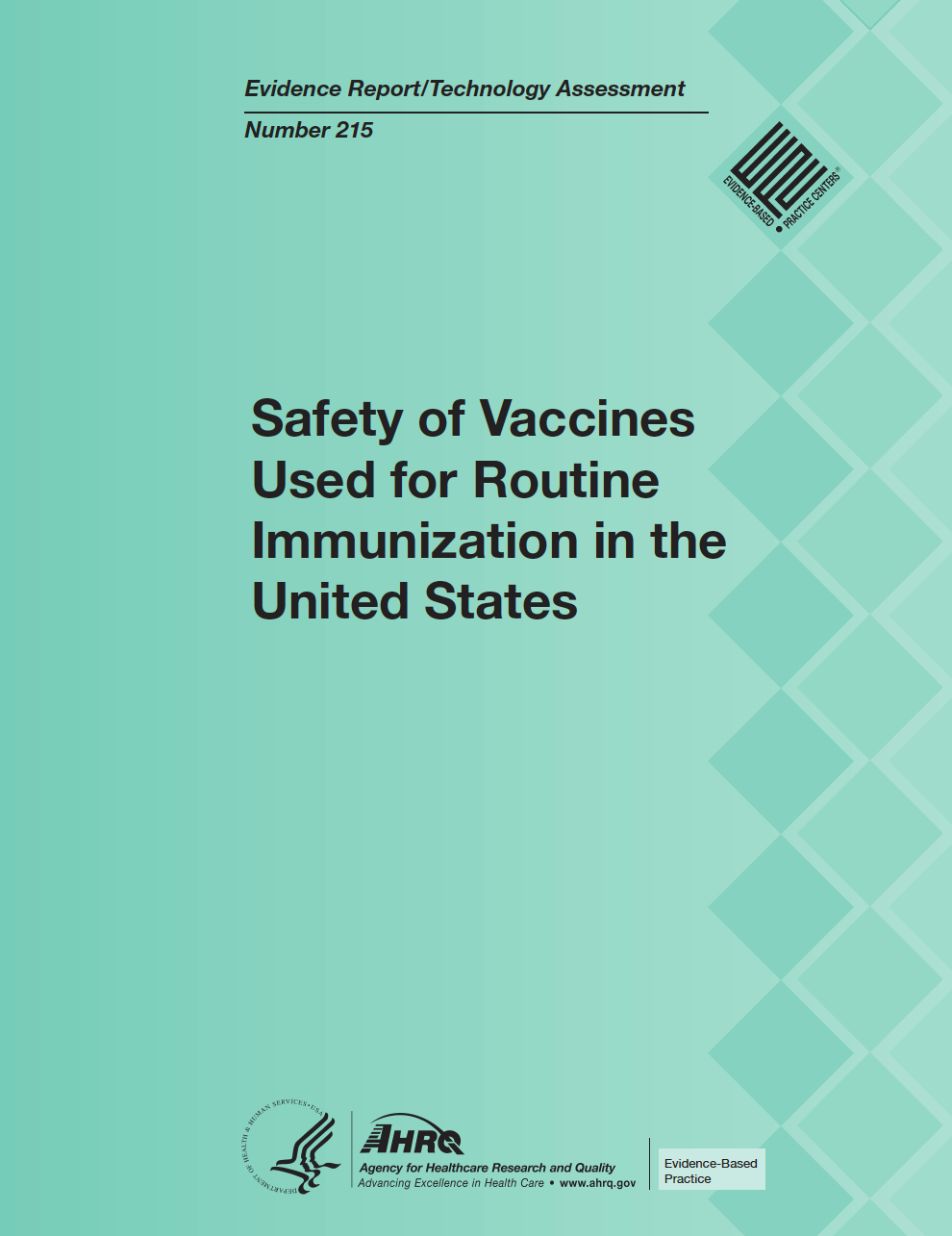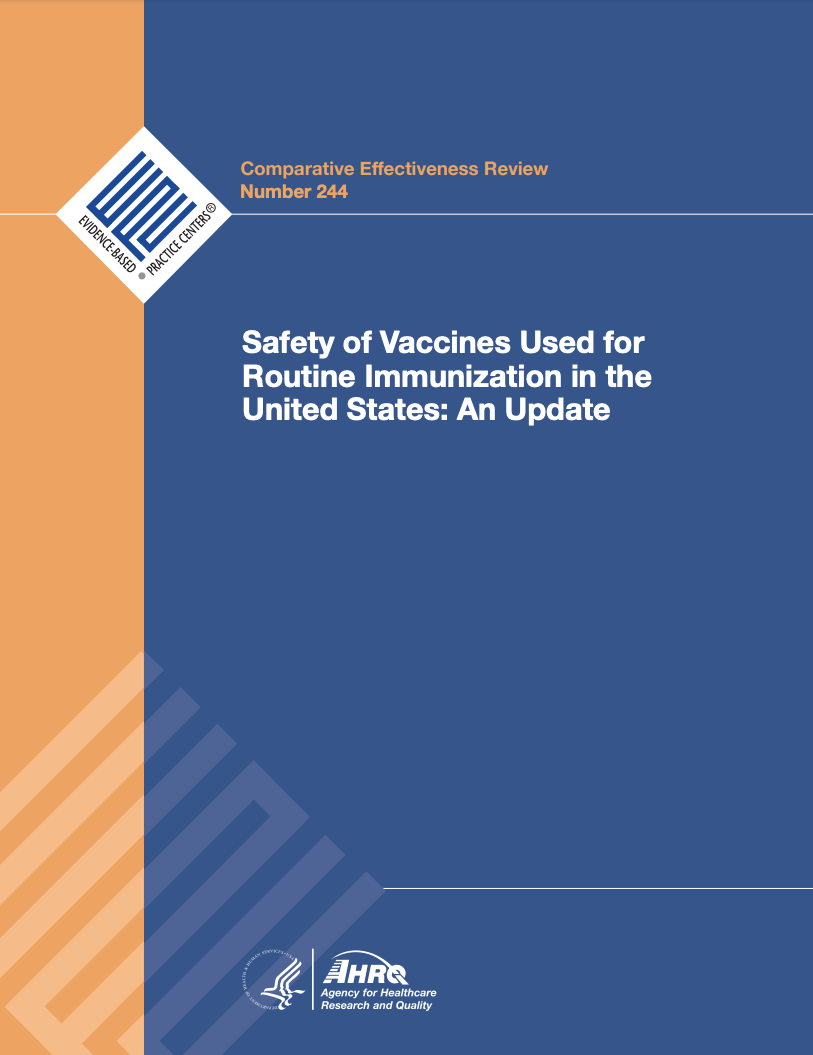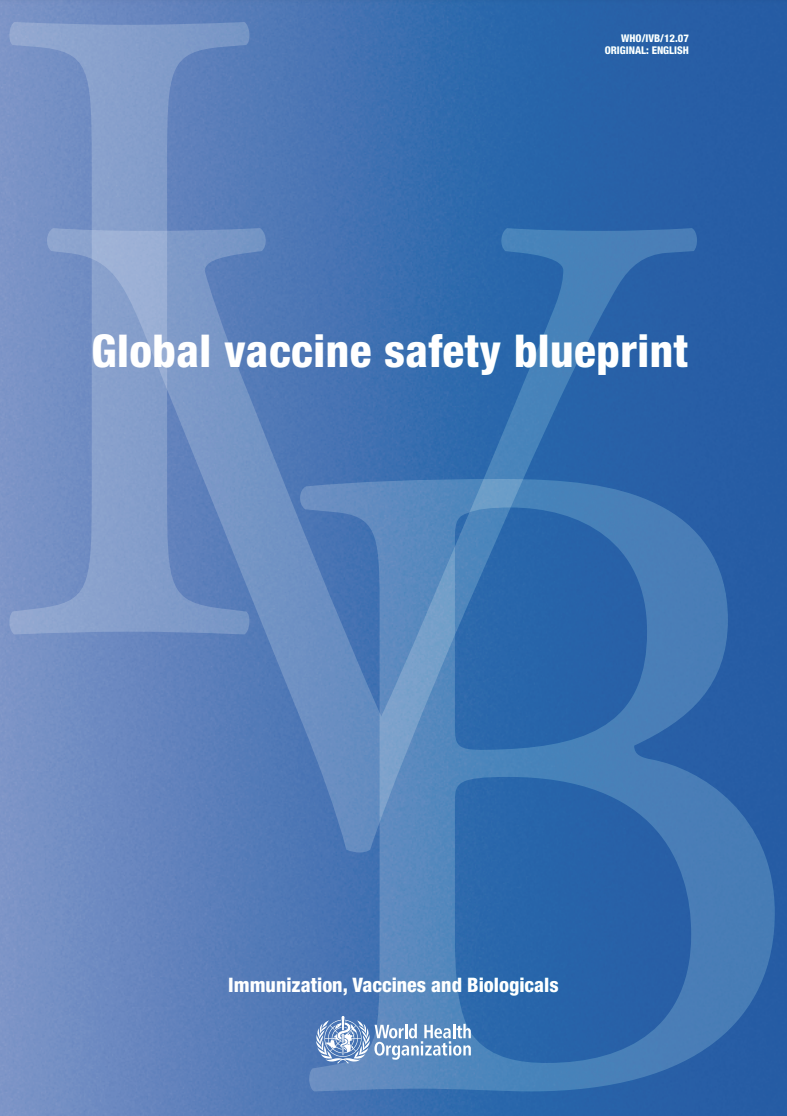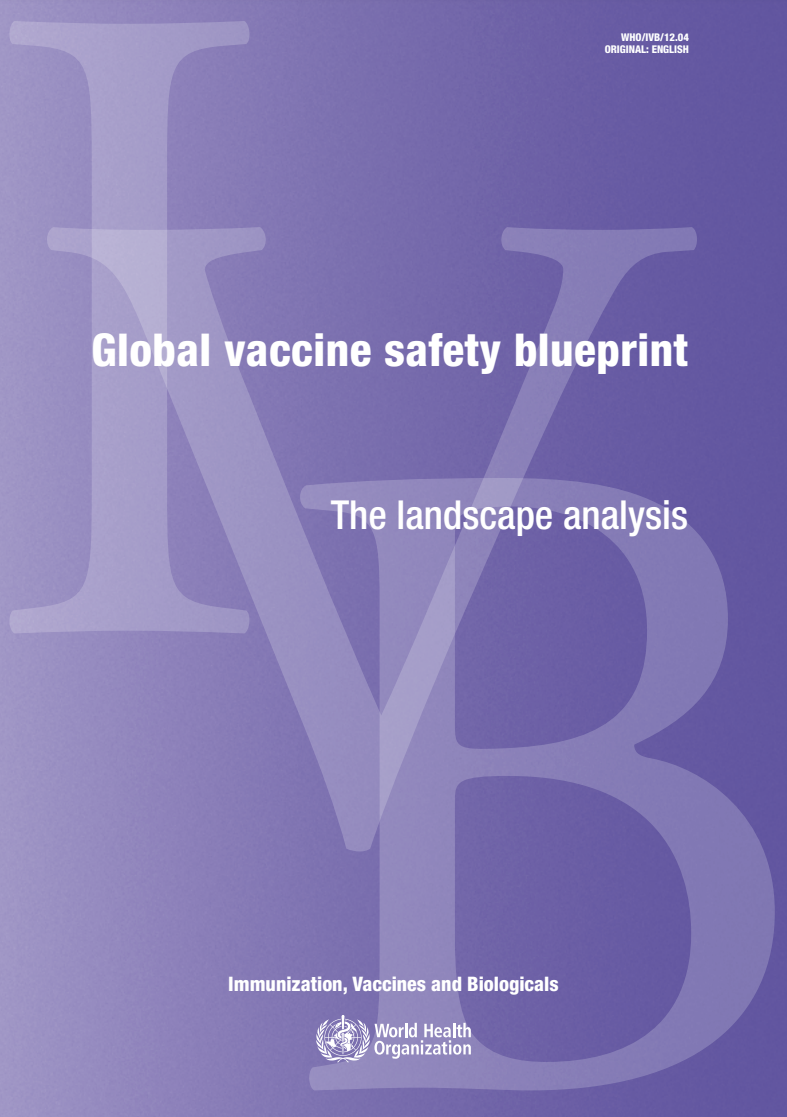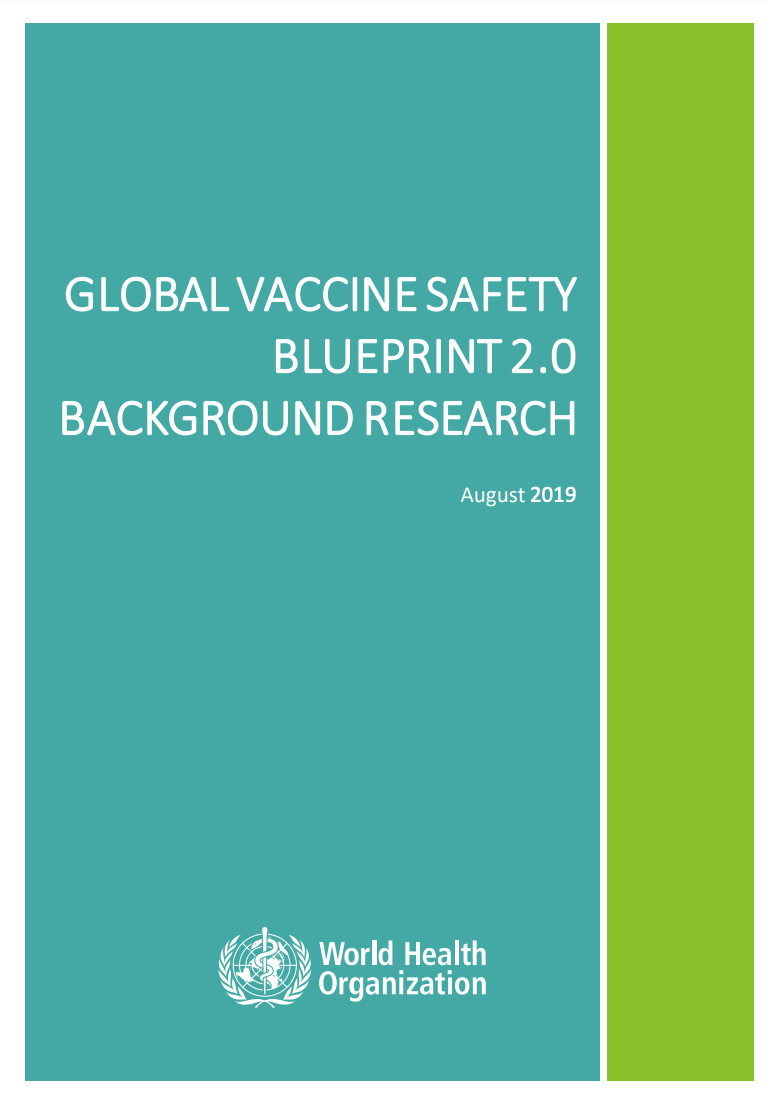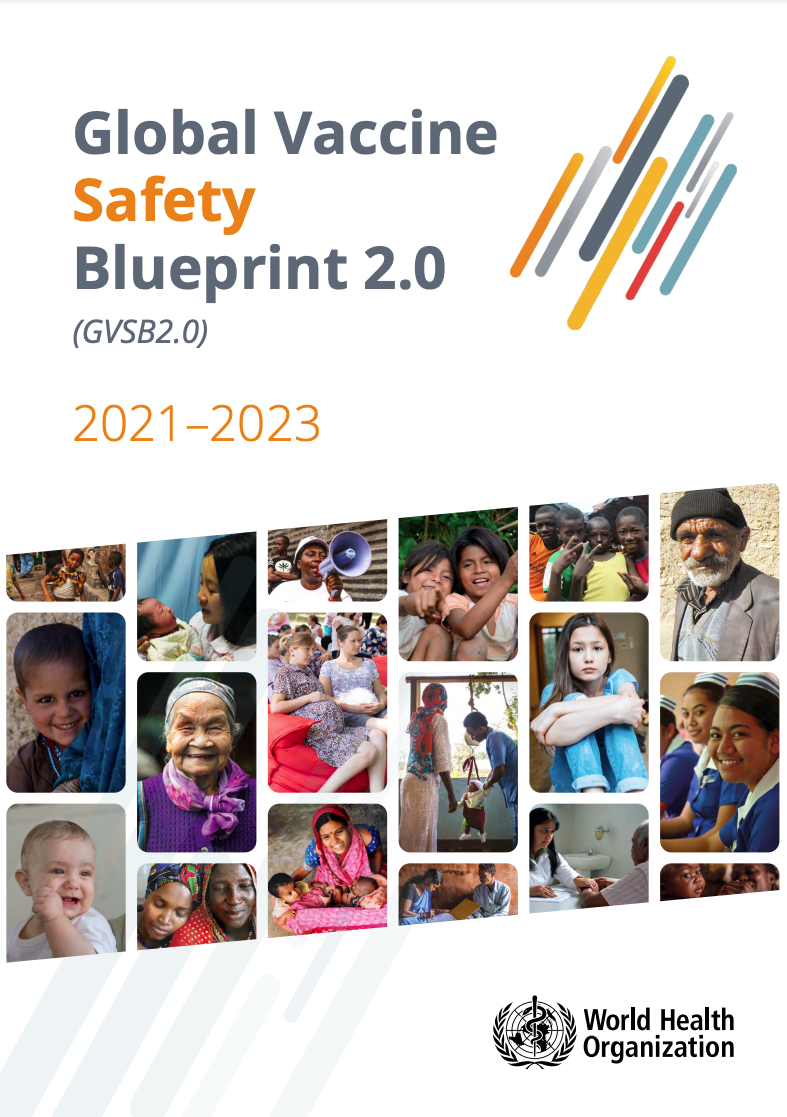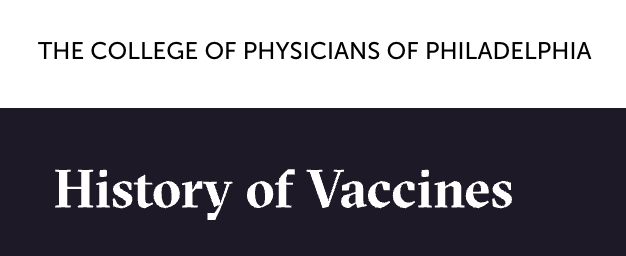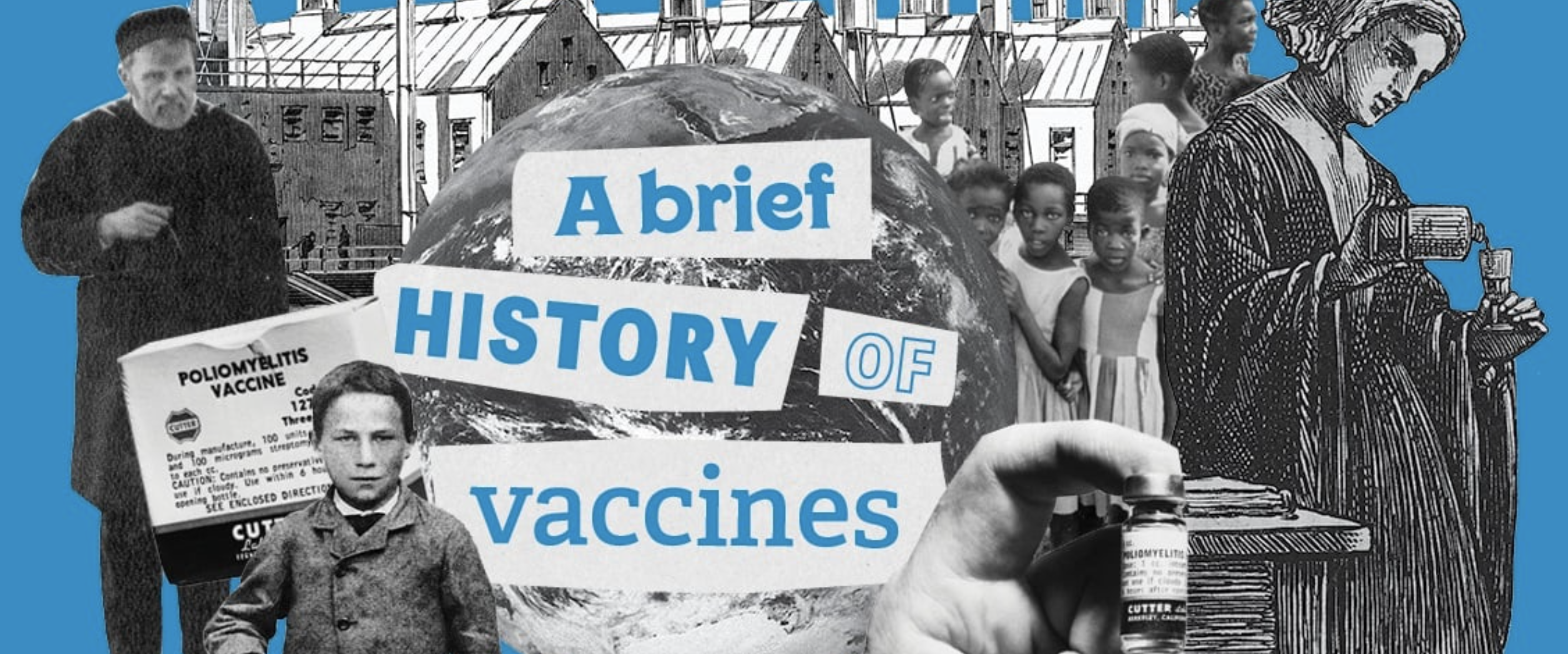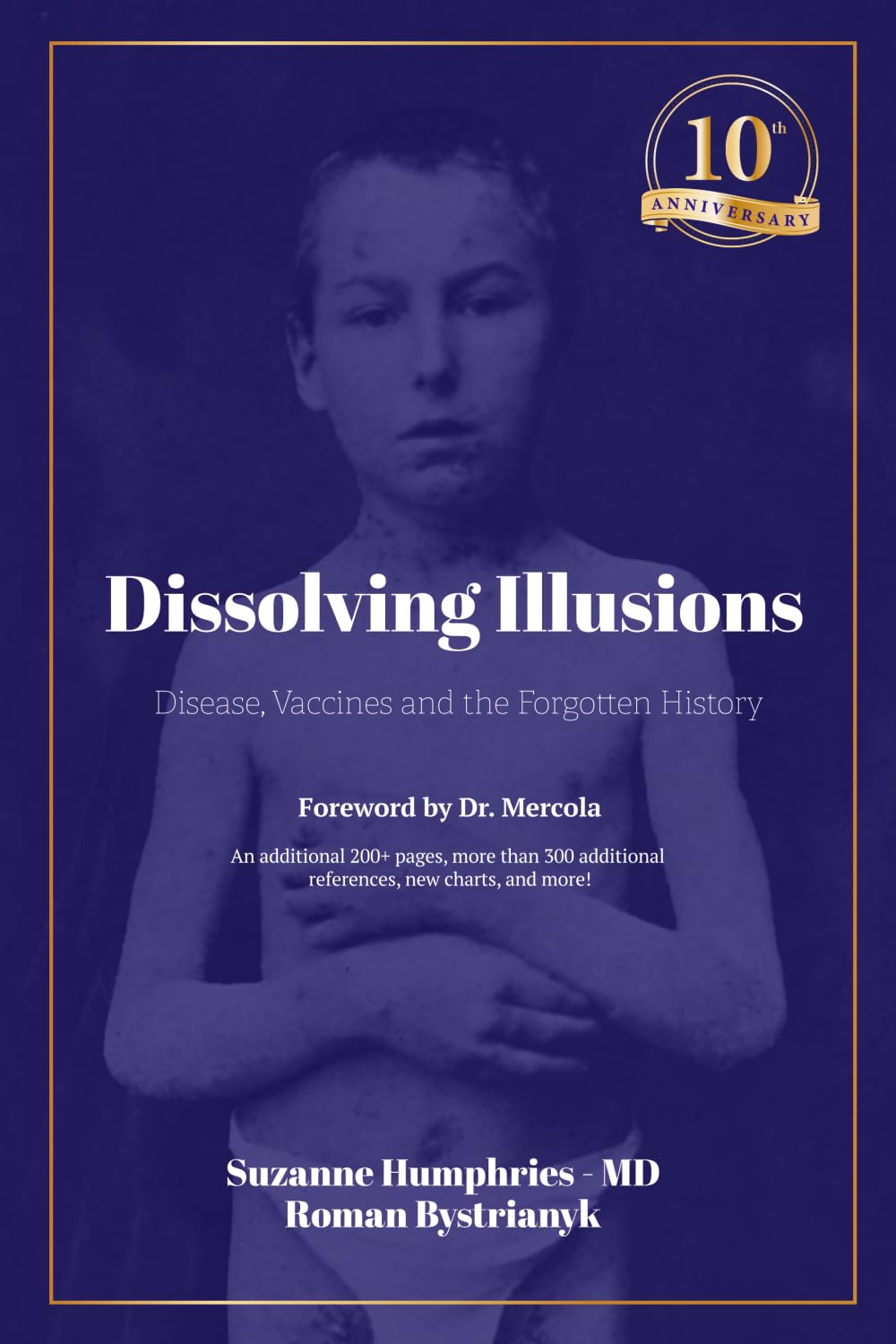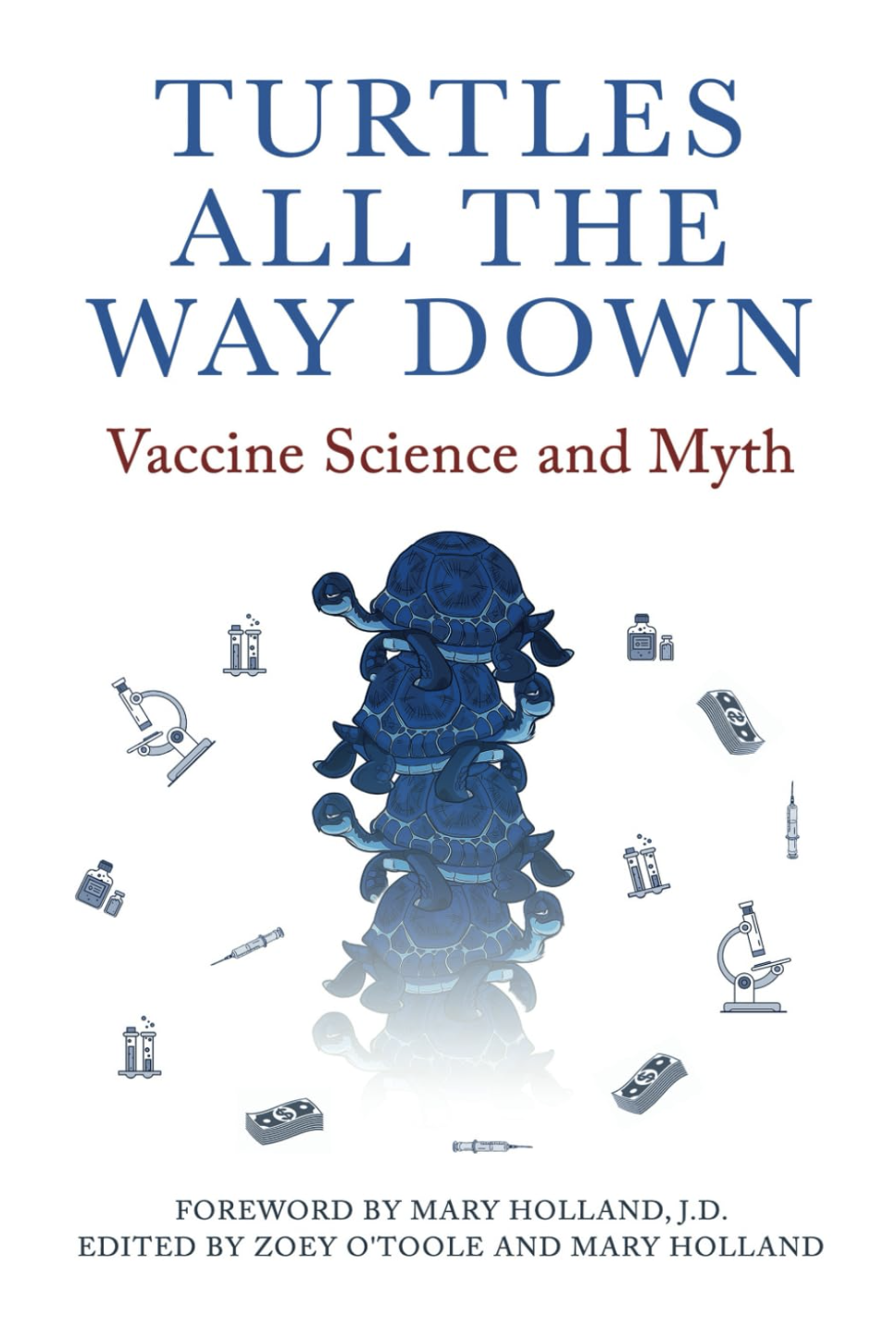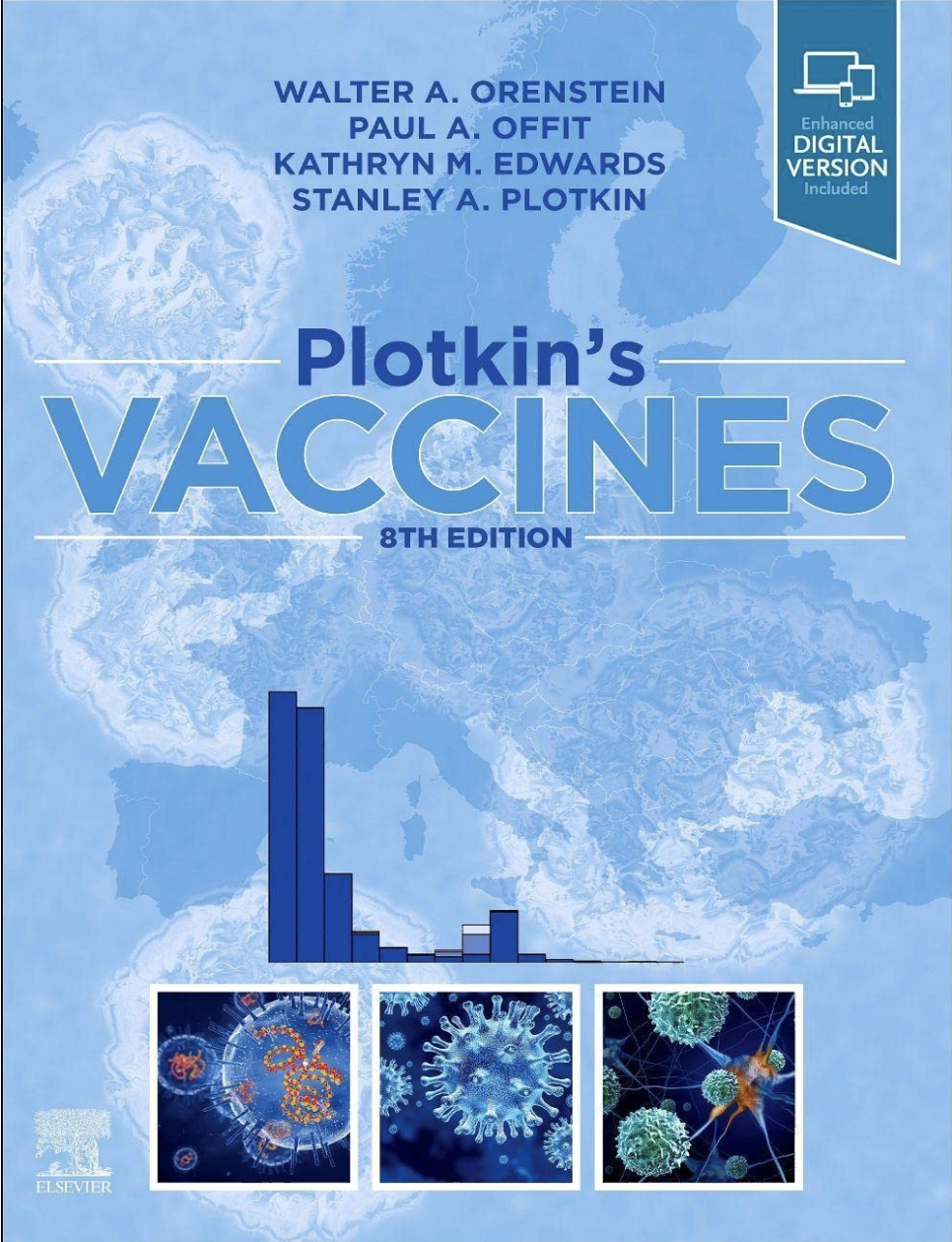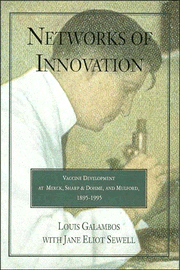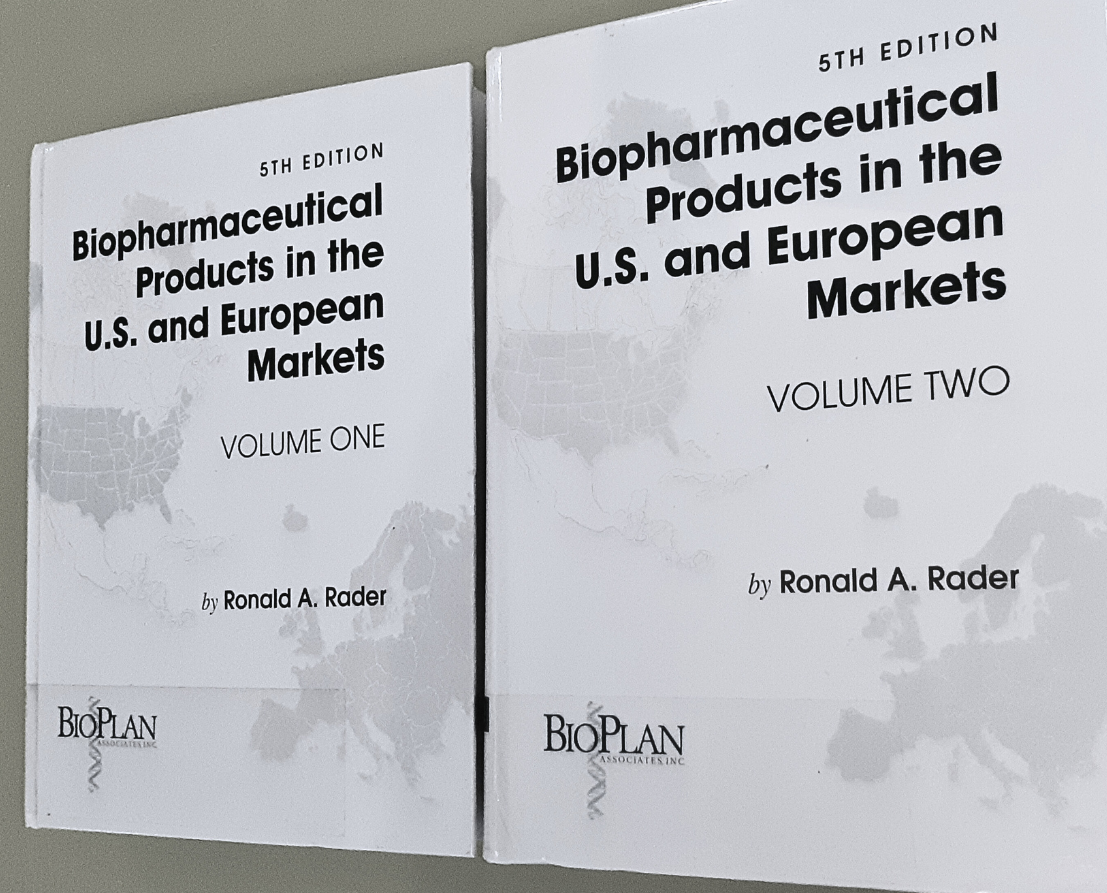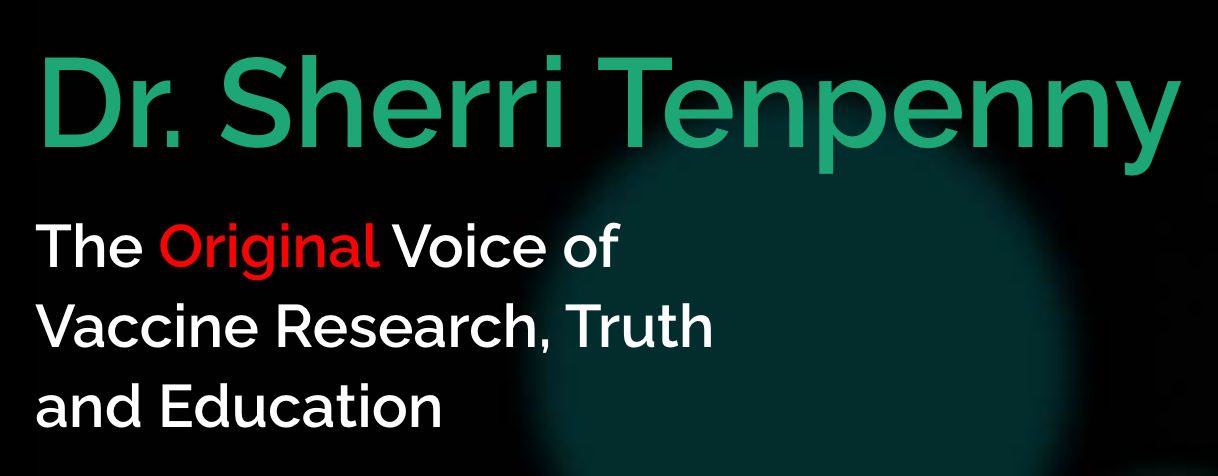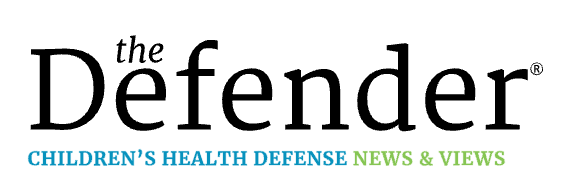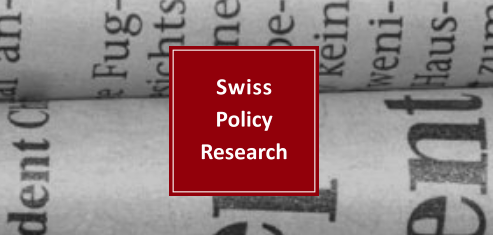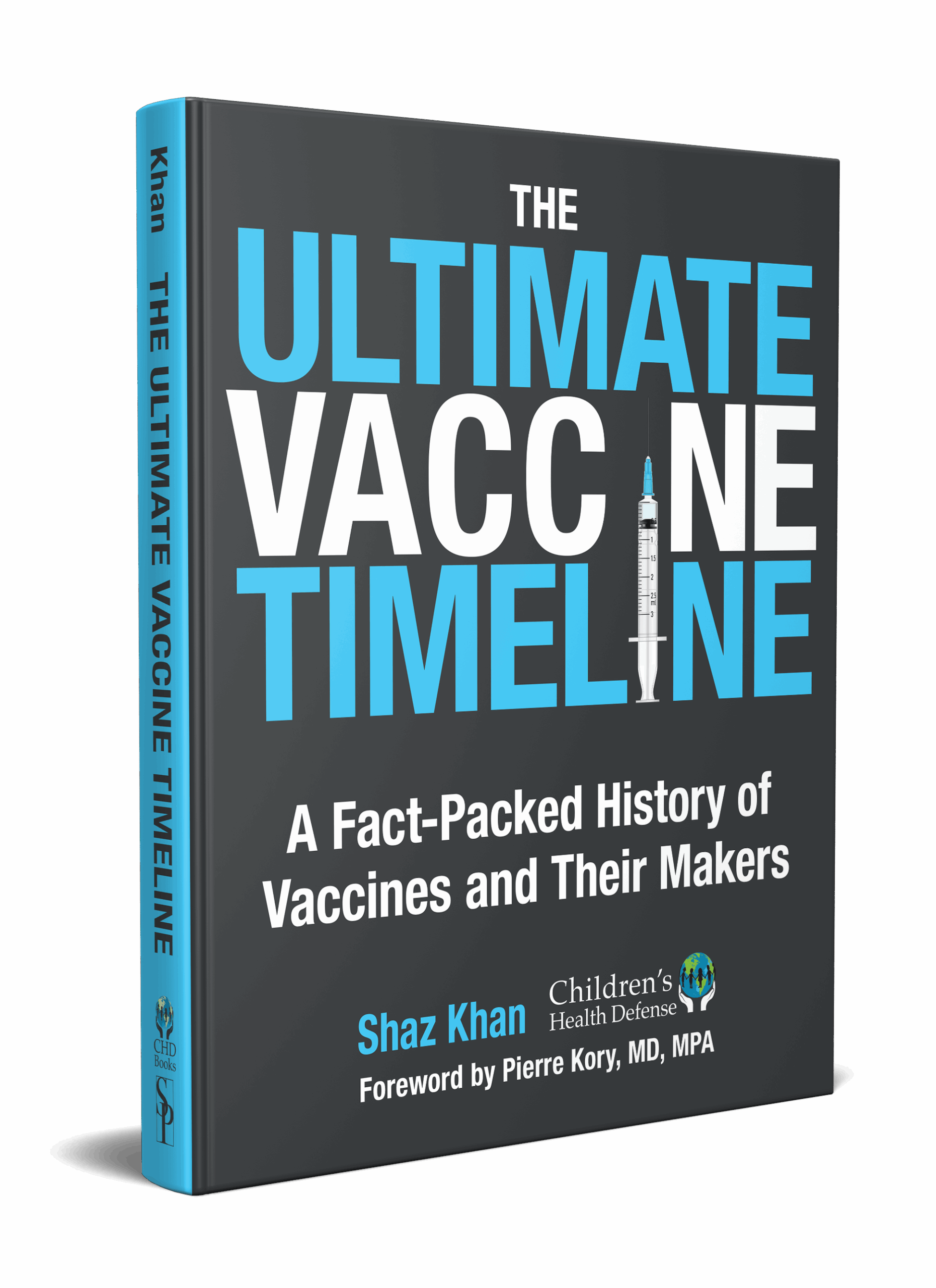
Welcome to the website that accompanies the unique and informative book on the history of vaccines and their makers.
Important source materials and links are available, with a password-protected area for book owners* to access some of the complete documents cited in the book, and more.
With over 2,200 entries and 1,300 specifically dedicated to vaccination, you are invited to reach out if you have any queries about a specific date.
*Password = Family name of the first person thanked on the Acknowledgements page
Important Documents on Vaccines and Safety
"In 1982, the National Institute of Allergy and Infectious Diseases (NIAID) established the Program for the Accelerated Development of Vaccines. For 20 years, this program has helped stimulate the energy, intellect, and ability of scientists in microbiology, immunology, and infectious diseases. The status report reflecting this progress in vaccine research has come to be known as the Jordan Report in recognition of Dr. William Jordan, past director of NIAID’s Division of Microbiology and Infectious Diseases (DMID) and the program’s earliest advocate."
In 2002, the US Department for Health and Human Services (HHS) published the 266-page 20th Anniversary edition of The Jordan Report: Accelerated Development of Vaccines, covering information on all the vaccine products approved in the US with their year of introduction.
The report emphasizes advances in vaccine technology, particularly the move from traditional weakened or killed organisms to recombinant DNA and genetic approaches, opening new possibilities for vaccine design. It also discusses the ongoing global efforts to accelerate vaccine development for diseases such as AIDS, malaria, and tuberculosis, and the scientific and logistical obstacles that remain.
In 2007, the HHS published an updated edition of The Jordan Report: Accelerated Development of Vaccines, providing an 164-page overview of major advances in vaccine research and development since the previous edition in 2002.
It highlights the substantial progress made in creating new and improved vaccines targeting both emerging and re-emerging infectious diseases. The report discusses ongoing scientific efforts to address challenges in vaccine development, including for diseases that still lack effective vaccines. The 2007 edition offers perspectives from leading experts and outlines the continued importance of innovation and collaboration in the global fight against infectious diseases through vaccination.
In 2012, the HHS published yet another updated edition of The Jordan Report, with 186 pages highlighting major advances in vaccine research and development in the five years since the last edition.
Marking its 30th anniversary, the report features articles on personalized vaccines, sex differences in immune responses, vaccines and pregnancy, second-generation vaccines, structural biology, new technologies, and adjuvants. It also provides updates on vaccine research for ten specific pathogens, including dengue, SARS, West Nile virus, Group B Streptococcus, HIV/AIDS, influenza, malaria, RSV, tuberculosis, and rotavirus. Each section details progress in clinical trials and research, reflecting the ongoing shift from empirical vaccine development toward more targeted, individualized approaches informed by advances in genomics and immunology.
In 2012, the Council for International Organizations of Medical Sciences (CIOMS) published a report, in collaboration with WHO, that covers the activities and outputs of the CIOMS/WHO Working Group on Vaccine Pharmacovigilance (2005-2010).
"The working group brought together experts from both industrialized and emerging countries representing regulatory agencies, vaccine industry, national and international public health bodies including WHO and CIOMS, academia and clinical care, contributing from their different perspectives.
The report is addressed to those engaged in vaccine safety data collection and evaluation, and will also make a useful reading for others who want to familiarise themselves with vaccine safety terminology."
In 2014, the Agency for Healthcare Research and Quality published a 740-page report based on a systematic review of the Safety of Vaccines Used for Routine Immunization in the United States, building upon the 2012 Institute of Medicine (IOM) consensus report Adverse Effects of Vaccines: Evidence and Causality.
The report concludes that routine vaccines are generally safe for children, adolescents, and adults, emphasizing that the benefits of routine immunization far outweigh the rare risks associated with vaccines. It also claims that no evidence links the MMR vaccine to autism spectrum disorders and that there is no association between influenza or pneumococcal vaccines and cardiovascular events in the elderly.
In 2021, the Agency for Healthcare Research and Quality published an updated document on the Safety of Vaccines Used for Routine Immunization in the United States. Boasting a total of 1340 pages, this report highlights numerous articles on vaccine safety, providing practical tables and summaries.
Commissioned by the Office of the Assistant Secretary for Health’s Office of Infectious Disease and HIV/AIDS Policy (OASH/OIDP), this report provides a comprehensive systematic review of the safety of vaccines routinely recommended in the US for children, adults, and pregnant women, updating prior 2014 findings. The review found no new evidence of increased risk for key adverse events such as anaphylaxis, febrile seizures, or idiopathic thrombocytopenic purpura beyond what was previously known. While rare adverse events remain challenging to study and some evidence is insufficient to draw conclusions, the overall findings support the safety of routine immunizations, emphasizing that any risks are outweighed by the vaccines' protective benefits.
WHO Reports on Vaccine Safety
"The Global Vaccine Safety Initiative, or GVSI, was set up to implement the Blueprint strategy. This comprises a framework of eight strategic objectives aimed at enhancing global vaccine safety activities. The strategic objectives focus on building and supporting a systemic approach to vaccine pharmacovigilance in all LMICs."
As a set of global strategies, the World Health Organization's 2012 Global Vaccine Safety Blueprint "represents an attempt to leverage international commitment and to set out a framework for coordinated action that will raise the level and accuracy of vaccine safety monitoring globally, and will enable cases of adverse events following immunization (AEFI) to be investigated wherever they occur."
The 50-page report outlines a strategic framework to strengthen vaccine safety systems globally, particularly in low- and middle-income countries (LMICs). Its core mission is to ensure all countries establish minimal capacities for vaccine safety monitoring, while enhancing capabilities where vaccines are manufactured or newly introduced.
In 2012, the WHO published a 106-page report on the landscape analysis of global vaccine safety. The document recognizes that, "although hundreds of millions of doses of vaccine are used every year in developing countries, assessments of regulatory authorities, conducted by WHO, demonstrate that few of the developing countries’ programmes have the ability to monitor and assure the safe use of vaccines. Now more than ever, it is clear that vaccine safety issues are not merely a developing or developed country phenomenon, but a global phenomenon.
WHO has therefore proposed developing a blueprint for a global, regional and country
level vaccine safety assessment and response system."
The WHO's 42-page Global Vaccine Safety Blueprint 2.0, Background Research report, published in 2019, serves to "synthesize the findings of that research and provide recommendations for the drafting of the Global Vaccine Safety Blueprint 2.0. Information collected from more than 200 stakeholders that work in vaccine safety indicated that many of the challenges discovered during the creation of the first Global Vaccine Safety Blueprint in 2011 remain. Additionally, new challenges related to hesitancy and emergencies have arisen, along with opportunities to focus the next iteration of the Blueprint."
The WHO's Global Vaccine Safety Blueprint 2.0 (GVSB2.0) 2021–2023 report outlines the strategic vision for strengthening vaccine safety surveillance and systems worldwide. Recognizing that public tolerance for adverse events has declined substantially, the blueprint seeks to improve the ability of all countries to monitor, detect, and respond to adverse events following immunization (AEFIs).
It emphasizes the need for clear governance, adequate funding, cross-country coordination, scientific rigor, crisis communication, and accountability frameworks. GVSB2.0 aims to foster data-driven, equitable, and people-centered vaccine safety systems suitable for all WHO Member States.
Vaccine Timelines By Public Health Authorities
The History of Vaccines is a project by The College of Physicians of Philadelphia, a 501(c)3 non-profit organization.
"The College was founded in 1787 “to advance the science of medicine and to thereby lessen human misery.” One of the founders of the College was Benjamin Rush, a Founding Father of the United States and signer of the Declaration of Independence.
Today, the College’s mission is "to advance the cause of health while upholding the ideals and heritage of medicine." All aspects of the College—its Fellows, its Historical Medical Library, the world-renowned Mütter Museum, its public health initiatives, and its public lecture series—serve this mission."
Immunize.org is an award-winning 501(c)(3) nonprofit organization, headquartered in Saint Paul, Minnesota.
They "work to ensure that healthcare professionals and the public are up to date on all aspects of vaccination and advocate for policies that remove barriers to vaccination.
Immunize.org works to increase immunization rates and prevent disease through its practical educational materials designed to enhance the quality and safety of immunization services." They "work with partners to advocate for policies that increase vaccination of people of all ages and facilitate communication about the safety, effectiveness, and use of vaccines within the broad immunization community of patients, parents, healthcare organizations, and government health agencies."
The WHO is the international public health authority founded in 1947-1948 as an entity under the United Nations.
"WHO calls on Member States to prioritize vaccination of health workers and at-risk groups in lower-income countries, in order to stop severe disease and death, keep health workers safe and reopen societies and economies.
From groundbreaking practices in the 1500s to the new technologies used in COVID-19 vaccines, we have come a long way. Vaccines now help protect against more than 20 diseases, from pneumonia to cervical cancer and Ebola; and in just the last 30 years, child deaths have declined by over 50%, thanks in large part to vaccines."
—source WHO
Some Essential Books
Find out more about vaccines from a variety of perspectives
There are hundreds, if not thousands of books that address the topic of vaccination. Having read a few hundred, here are some of the top recommendations well worth the read. An extensive list of suggested reading is coming soon.
Dissolving Illusions "meticulously presents facts and figures from forgotten medical journals, books, newspapers, and diverse sources: dispelling the prevailing false narratives that largely attribute increased lifespan and premature death prevention to medical interventions. Are you prepared to dissolve some of your own illusions and engage in a transformative journey that will challenge much of what you think you know? If you have already begun the journey, the contents of this book will help to deepen your understanding and knowledge of historical facts."
First edition published in 2013
10-year anniversary expanded edition, published in 2023
Turtles All The Way Down is "intended for parents overwhelmed by conflicting messaging on this important topic, but it is also an excellent reference for medical researchers and professionals who seek a better understanding of vaccine safety science. Whether you are new to the vaccine debate or a “veteran” seeking a deeper grasp of the science, this book is a must-read. It also serves as an excellent primer on vaccination to share with friends and relatives who may benefit from a deep dive into the subject."
Published in 2022
Plotkin's Vaccines is THE vaccinology bible, edited by the Godfather of vaccinology, Stanley A. Plotkin.
"From the latest vaccination evidence, recommendations, and protocols . . . to new vaccine development and the use of vaccines in reducing disease, Plotkin’s Vaccines, 8th Edition, covers every aspect of vaccination. Now completely revised and updated, this award-winning text continues to provide reliable information from global authorities, offering a complete understanding of each disease, as well as the latest knowledge of both existing vaccines and those currently in research and development. Described by Bill Gates as "an indispensable guide to the enhancement of the well-being of our world," Plotkin’s Vaccines is a must-have reference for current, authoritative information in this fast-moving field."
First edition published in 1988
Eighth edition published in 2023
Networks of Innovation "offers a historical perspective on the manner in which private sector organizations have acquired, sustained, and periodically lost the ability to develop, manufacture, and market new serum antitoxins and vaccines.
The primary focus is on the H. K. Mulford Company, on Sharp & Dohme, which acquired Mulford in 1929, and on Merck & Co., Inc., which merged with Sharp & Dohme in 1953. By surveying a century of innovation in biologicals, the authors show how the activities of these three commercial enterprises were related to a series of complex, evolving networks of scientific, governmental, and medical institutions in the United States and abroad."
Published in 1997
Probably one of the most important books for any serious vaccine researcher!
Although out of print—not readily available in libraries and only updated as an online database since 2008—BioPlan's Biopharmaceutical Products in the U.S. and European Markets is a treasure trove of historical, scientific and commercial information on vaccines. From vaccine approval dates to information on the entities involved in development, from vaccine technology patent disputes to US vaccine annual sales revenues, this publication is the "king of biopharmaceutical reference books". As reviewer Gordon Kelley put it, "describing [this book] as 'comprehensive' is a bit like defining botulinum toxins as merely pathogenic."
For anyone interested, Biopharmaceutical Products in the U.S. and European Markets covers not only vaccines, but also recombinant DNA products, monoclonal antibodies, enzymes and blood products. The online database—updated to 2015 and in the process of being revised—can be accessed through an annual subscription fee with BioPlan Associates.
Important Websites
The National Vaccine Information Center (NVIC) was founded in 1982 in the US, originally established under the name Dissatisfied Parents Together (DPT) by Barbara Loe Fisher, Jeff Schwartz, and Kathi Williams, all parents whose children had been harmed by the DPT (diphtheria, whole-cell pertussis, tetanus) vaccine. The organization changed its name to the National Vaccine Information Center in the early 1990s.
NVIC is a treasure trove of information on vaccines that cannot be found anywhere on the official websites of the FDA, CDC or the WHO. With in-depth information on vaccines and their history in the USA, this website is a highly valuable resource for any parent or doctor.
One of the most educated and well-versed practising medical professionals on the subject of vaccines, over the last two decades Sherri Tenpenny, DO, has compiled an impressive database of articles, podcasts, books, and other publications highlighting the safety issues around vaccines. Outside of her clinical practice, she has authored several books and delivers lectures and online courses on vaccines, advocating for personal choice and highlighting safety concerns. She also publishes extensively on Substack.
Put together by Suzanne Humphries, MD, and Roman Bystrianyk, the website that accompanies their 2013-first-published book Dissolving Illusions, provides a wealth of resources; from graphs to free chapters, from video presentations to highly informative historical documentation, and much much more. For specific visuals on infectious disease statistics and vaccine introduction, check out the page dedicated to graphs.
In 2016, Robert F. Kennedy, Jr., joined forces with Eric Gladen (producer of the documentary "Trace Amounts"), Lyn Redwood and Laura Bono to launch the World Mercury Project (WMP), which would eventually become Children’s Health Defense. WMP’s original mission was to end exposure to neurotoxic mercury in fish, medical products, dental amalgams and vaccines and make sound science the driver of public policy. In September 2018, the WMP changed its name to Children’s Health Defense and expanded its mission to include all toxic environmental insults negatively affecting the health of children, including vaccines. CHD’s strategy includes four major pillars: science, education, litigation and advocacy.
Swiss Policy Research (SPR), founded in 2016, is an independent, nonpartisan and nonprofit research group investigating geopolitical propaganda. SPR is composed of independent academics and receives no external funding other than reader donations. SPR's analyses have been published by numerous independent media outlets and have been translated into more than two dozen languages.
In 2025, SPR updated its excellent 2020 article on "Vaccines: Successes and Controversies."
Founded in October 2021 by Steve Kirsch, the Vaccine Safety Research Foundation supports independent inquiry into the COVID-19 inoculations.
VSRF’s mission is to advance COVID-19 vaccine safety through scientific research, public education, and advocacy, and to support the vaccine injured. We present the most up-to-date and relevant information on COVID-19 and public health policies, free from corporate press, agenda-driven narratives, and sponsorships with conflict of interest. VSRF encourages questions and an open dialogue of transparency on any medical and scientific information presented.
